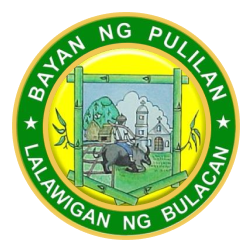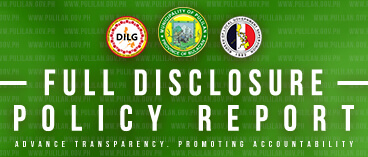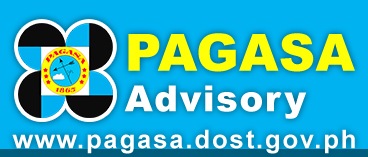In order to enhance regional cooperation on human trafficking cases, senior officials of ASEAN member countries launched Wednesday a comprehensive handbook that will help fight people trafficking in the Asian region.
The ASEAN Handbook on International Legal Cooperation in Trafficking in Persons Cases, which was launched during the week-long 10th ASEAN Senior Officials Meeting on Transnational Crime (SOMTC) in Makati City, was developed with the support of the Australian Agency for International Development (AusAID) through the Asia Regional Trafficking in Persons Project (ARTIP), and the United Nations Office on Drugs and Crime.
Interior and Local Government Undersecretary and SOMTC chair Rico E. Puno, who spoke during the book launching, said the handbook is a landmark document in the area of regional cooperation among the members of ASEAN, and a breakthrough in the effort to fight against trafficking in persons not only in Southeast Asia region but worldwide as well.
“I am confident that the publication of this Handbook will further promote the harmonization of relevant national policies and programs on trafficking in persons among ASEAN countries, and strengthen institutional linkages among the various ASEAN mechanisms involved in combating TIP,” Puno said.
“The launching of this Handbook is remarkably meaningful for the Philippines which has been chosen as the Lead Shepherd for Trafficking in Persons in the Southeast Asia region,” he added.
On the other hand, Australian Ambassador Rod Smith said that this is a groundbreaking achievement for the ASEAN as this is the first time that member-states have developed a practical guide that “will undoubtedly improve how people trafficking cases are investigated and prosecuted in the region.”
In introducing the handbook, ASEAN Secretariat Deputy Secretary General for Community and Corporate Affairs Bagas Hapsoro acknowledged the scale of the challenges currently facing national criminal justice agencies in dealing with this complex crime.
“This handbook seeks to change this situation by promoting the type of cooperation that will ensure that there are no safe havens for traffickers or their assets.” ###





